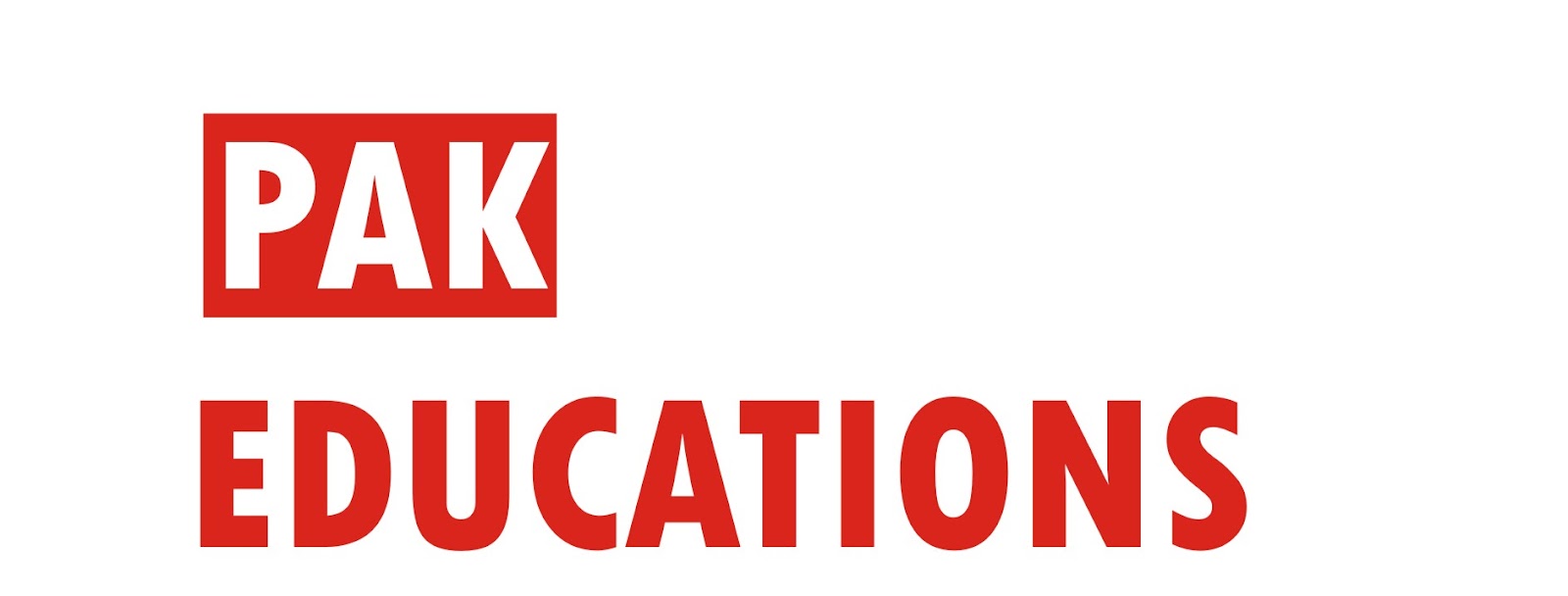Basic purpose of Education. In this article, I will describe the basic purpose of Education. Education is the basic purpose of learning and moral skills. This article is based on learning skills.
Education purpose:
The purpose of education is multifaceted and can vary depending on cultural, societal, and personal values and beliefs. However, some common purposes of education include:
- Personal development: Education can help individuals develop their talents and interests, explore new ideas, and achieve personal growth.
- Socialization: Education can help individuals develop social skills and learn how to interact with others in a variety of contexts.
- Economic development: Education can provide individuals with the skills and knowledge needed to enter the workforce and contribute to the economy.
- Civic engagement: Education can help individuals become active and engaged citizens who are knowledgeable about important issues and can participate in the democratic process.
- Cultural transmission: Education can help individuals learn about their own culture and heritage, as well as the cultures of others.
- Personal fulfillment: Education can provide individuals with the knowledge and skills needed to pursue their passions and interests.
- Critical thinking: Education can help individuals develop critical thinking skills, allowing them to evaluate information and make informed decisions.
- Lifelong learning: Education can instill a love of learning in individuals and provide them with the tools and resources needed to continue learning throughout their lives.
- Overall, the purpose of education is to provide individuals with the knowledge, skills, and values needed to lead successful, fulfilling lives and contribute to society in a positive way.
Purpose of Education:
The basic purpose of education can vary depending on cultural, societal, and personal values and beliefs.
However, some common purposes of education include:
- Acquiring knowledge and understanding of the world and its workings
- Developing critical thinking and problem-solving skills
- Developing social and emotional skills, such as communication, collaboration, empathy, and self-awareness
- Developing physical skills and well-being, such as physical education and health education
- Developing cultural awareness and respect for diversity
- Preparing for a career or vocational training
- Developing creativity and artistic expression
- Learning to read, write, and communicate effectively
- Learning to use technology and digital tools
- Developing lifelong learning skills
- Developing a sense of civic duty and engagement
- Developing ethical and moral reasoning skills
- Developing leadership skills
- Developing financial literacy and economic understanding
- Learning to think critically and analytically
- Developing research skills and scientific literacy
- Developing historical and geographical knowledge
- Developing an understanding of political systems and structures
- Learning to adapt to changing circumstances and challenges
- Developing problem-solving and decision-making skills
- Developing entrepreneurship and innovation skills
- Developing teamwork and collaboration skills
- Developing an appreciation of the arts and cultural heritage
- Developing environmental awareness and sustainability practices
- Developing an understanding of international relations and global issues
- Developing communication and interpersonal skills
- Developing time-management and organizational skills
- Developing media literacy and digital citizenship
- Developing physical fitness and healthy habits
- Developing interpersonal and relationship skills
- Developing critical evaluation and discernment skills
- Developing coping mechanisms and emotional regulation skills
- Developing creativity and imagination
- Developing independent and self-directed learning skills
- Developing self-awareness and self-acceptance
- Developing spiritual and philosophical perspectives
- Developing an appreciation of lifelong learning
- Developing an understanding of civic engagement and participation
- Developing a sense of personal identity and values






0 Comments